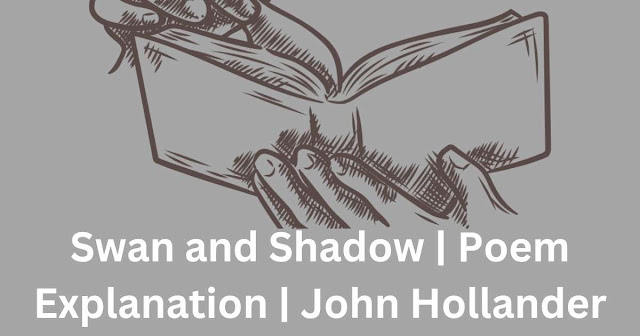richard cory poem explanation edwin
RICHARD CORY POEM BY EDWIN ARLINGTON ROBINSON
'Richard Cory' Poem
Whenever Richard Cory went down town,We people on the pavement looked at him:
He was a gentleman from sole to crown,
Clean favored, and imperially slim.
And he was always quietly arrayed,
And he was always human when he talked;
But still he fluttered pulses when he said,
"Good-morning," and he glittered when he walked.
And he was rich-yes, richer than a king -
And admirably schooled in every grace:
In fine, we thought that he was everything
To make us wish that we were in his place.
So on we worked, and waited for the light,
And went without the meat, and cursed the bread;
And Richard Cory, one calm summer night,
Went home and put a bullet through his head.
Glossary
Line 4. Clean favored having special advantages
Line 4. imperially like a king, royally
Line 5. arrayed dressed
Line 7. fluttered pulses created or caused excitement
Line 8. glittered shone, sparkled
Line 10. schooled trained
Explanatory Notes
Lines 1-4. Richard Cory is distinguished from the common man when the narrator calls himself one of the many onlookers on the pavement. Richard Cory's looks and dress, his regal appearance and bearing single him out.
Lines 5-8. Richard Cory was as good as he appeared. Notice the use of the adjective 'human' which certainly makes provision/allowance for him to be inhuman, haughty, proud and stiff. On the contrary he greeted everyone he met and the commoners were thrilled and missed a heart- beat when they received and returned his greetings.
Lines 9-12. Mark the use of the positive and comparative degrees 'rich, richer'. The description reaches a point of climax when the narrator confesses that they admired and envied Richard Cory so much that they would readily have exchanged places with him. The good qualities of Richard Cory are enhanced by kingly ones.
Lines 13-16. The stage is well set for a dramatic anti-climax. While the common people hated what they had and aspired for what they did not, Richard Cory was also unhappy with his condition. His suicide comes as a shocking realisation of the universal disappointment and sense of insufficiency in human life. The only moment when Richard Cory seems to be 'at home' is when he puts 'a bullet through his head'.
The poem explores the psychological reality of an individual as contrasted with his social reality. It also leaves the reader thinking about what happiness really means and whether it eternally evades people.




Comments
Post a Comment